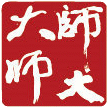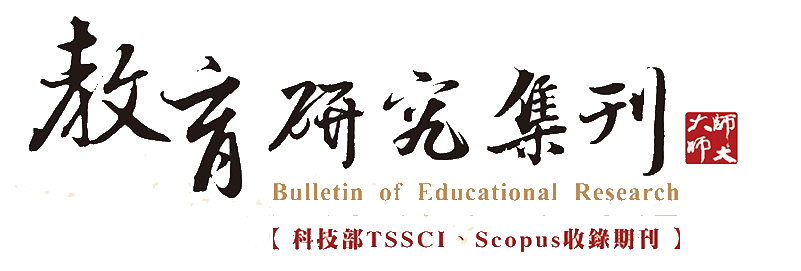| 篇名 | |
|---|---|
| 並列篇名 | The Evolution of Educator P.-C. Chang’s Thinking and His Participation to the UDHR (1923-1948) |
| 作者 | 劉蔚之 |
| 中文摘要 | 直接主導聯合國《世界人權宣言》制定的張彭春在教育學界頗受忽視。本文運用張彭春所有著作與聯合國官方會議紀錄等一手史料與檔案,探討他橫跨中西文化的知識背景與能力提升轉化之過程,以理解為何早期表現平平、急於複製西方經驗使中國現代化的他,竟能在人類歷史關鍵舞台上,本於人文化成的大同世界理想,發揮重大貢獻。結果發現,留美期間,張彭春開始透過比較教育學,潛心窮究西方現代化歷史,展開中西比較的第一步。這不僅成為日後在中西文化間穿梭比較與折衝的基礎,更奠定其於《宣言》制定過程中得到共鳴與贊同的獨特優勢。本文最後建議:一、杜威影響僅為張彭春思想來源之一,不宜片面強調;二、評價張彭春的起點應由他的西方知識而非儒家素養開始;三、張彭春的比較方法與素養是對《宣言》產生影響力的關鍵因素;四、張彭春之貢獻在使《宣言》具普世性,多於使之儒家化。 |
| 英文摘要 | Peng Chun Chang or P.-C. Chang, who led the enactment by the United Nations’ of “The Universal Declaration of Human Rights,” was a widely neglected scholar in the field of education. This study analyzes P.-C. Chang’s writings, important speeches, and official meeting records of the United Nations. From the educational perspective, this article explores how P.-C. Chang’s knowledge background and abilities across Chinese and Western cultures elevated and transcended his previously known abilities. It was found that Chang went through an early stage during which he hastily attempted to borrow western practices to promote the modernization of Chinese education. After his thoughts gradually matured, his goal became: to create a humanized world of great harmony based on Humanism. In addition, this research also developed four conclusions. 1. Dewey’s ideas merely serve one of the many sources that impacted P.-C. Chang’s ideology and should not be overemphasized. 2. An evaluation of P.-C. Chang’s historical importance should root from his knowledge of Western Culture, not Confucianism. 3. P.-C. Chang’s comparative method and literacy were critical to the influence he had on the Declaration. 4. P.-C. Chang’s contributions to the Declaration were more on universal values than in Confucianism. |
| 起訖頁 | 001-040 |
| 關鍵詞 | 世界人權宣言、張彭春、教育史、The Universal Declaration of Human Rights、P.-C. Chang、history of education |
| 刊名 | 教育研究集刊 |
| 期數 | 201909 (65:3期) |
| 出版單位 | 國立臺灣師範大學教育學系 |
| DOI | 10.3966/102887082019096503001 複製DOI |
| 該期刊-下一篇 | 公立國中小教師介聘案例暨相關法律問題探討 |








